About the Faculty
Hits: 57

The Egyptian state sought to establish the foundations of structured tourism education in 1962 by creating an institute for tourism, another for hotel management, and a training center for hotel operations. Students admitted to these institutes were graduates of universities and higher institutes, accepted after passing personal interviews to assess their language proficiency and suitability for work in the fields of tourism and hospitality. The academic system at that time specified a two-year course of study at the Institute of Tourism, each year including one month of practical training at tourism and airline companies. At the end of the program, students were awarded a diploma in tourism operations. In 1967, the Ministry of Education established a hotel school, however, due to the resulting duplication, the school was subsequently discontinued. As an alternative, two higher institutes were established: the Higher Institute of Tourism, which included two departments—Tourism and Tour Guiding—and the Higher Institute of Hotels, which comprised a single department in Hotel Management. The establishment of these two institutes marked the real beginning of academic tourism education and training in Egypt. New academic regulations were introduced, extending the study duration to four years, after which students were awarded a bachelor's degree in their field of specialization. Admission to both institutes was limited to holders of the General Secondary Certificate, subject to passing a personal interview. The new system was implemented in the academic year 1968–1969. In 1975, the two institutes were merged into a single entity named the Faculty of Tourism and Hotel Management, affiliated with Helwan University. The faculty included three academic departments: Tourism Studies, Hotel Management and Tourism Guidance.
The Faculty of Tourism and Hotel Management has played a major role in advancing tourism development in Egypt by graduating distinguished cohorts that have significantly contributed to the tourism labor market and held prominent leadership positions. Throughout its long history, the faculty has continuously updated its academic programs and introduced new ones in collaboration with international universities and tourism and hospitality institutions. As a result, the faculty now offers a wide range of distinguished programs at the levels of bachelor’s, diploma, master’s, and doctoral degrees, in addition to Reciprocal programs with international companies. The faculty is committed to regularly reviewing and updating its academic offerings and developing its resources, facilities, and educational services. These efforts aim to maintain the high quality and competitiveness of its graduates, in alignment with global developments in tourism education and training.


